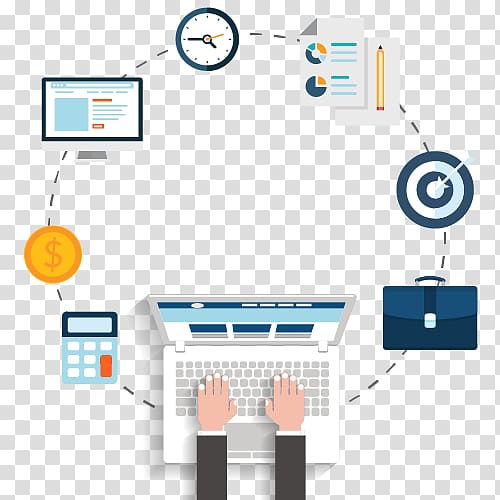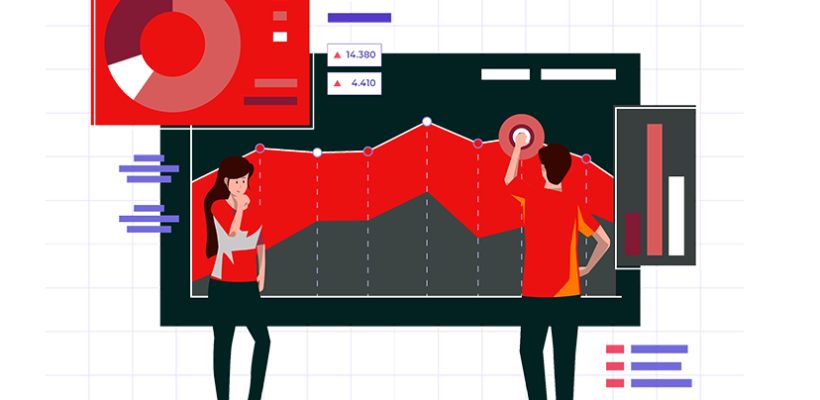In the dynamic realm of human resources, technology has become a driving force, revolutionizing traditional HR practices. HR software, often referred to as Human Resources Information System (HRIS) or Human Capital Management (HCM) software, serves as a vital tool for managing and optimizing HR functions within organizations.
Evolution of HR Software
Historically, HR departments heavily relied on manual processes for tasks like payroll, employee records, and recruitment. The advent of HR software marked a pivotal shift, consolidating diverse HR tasks into a unified platform. Initially focused on basic functionalities like payroll and employee databases, modern HR software has evolved into an encompassing solution, covering a wide array of HR activities:
1. Recruitment and Applicant Tracking: Streamlining the hiring process, managing job postings, applications, and candidate profiles.
2. Onboarding and Employee Management: Facilitating onboarding processes, maintaining employee records, and tracking performance reviews.
3. Time and Attendance Management: Automating attendance tracking, leave requests, and scheduling.
4. Payroll and Benefits Administration: Managing payroll, tax deductions, and benefits packages for employees.
5. Training and Development: Facilitating training programs, skill development, and performance management.
Benefits of HR Software
The implementation of robust HR software brings a host of advantages to both HR professionals and the organization:
1. Efficiency and Streamlined Processes: Automation reduces manual work, streamlines workflows, and minimizes errors, enabling HR teams to focus on strategic tasks.
2. Enhanced Employee Experience: Self-service portals, easy access to information, and streamlined processes contribute to a more positive employee experience.
3. Data Management and Analytics: Centralized data allows for better decision-making through insights and analytics, fostering informed strategies.
4. Compliance and Security: Ensures adherence to regulations and safeguards sensitive employee information.
5. Remote Work Adaptability: Facilitates remote work management, allowing for efficient operations regardless of employees’ physical location.
Future Trends and Innovations
The future of HR software will likely involve greater integration with emerging technologies such as artificial intelligence, machine learning, and analytics. These advancements will offer predictive analytics for talent management, AI-driven recruitment, and personalized learning and development programs.
Conclusion
HR software has evolved from basic record-keeping systems to comprehensive solutions that optimize HR functions and enhance the employee experience. As technology continues to advance, HR software will play a pivotal role in creating more agile, efficient, and people-centric workplaces, empowering HR professionals to deliver greater value to their organizations.





